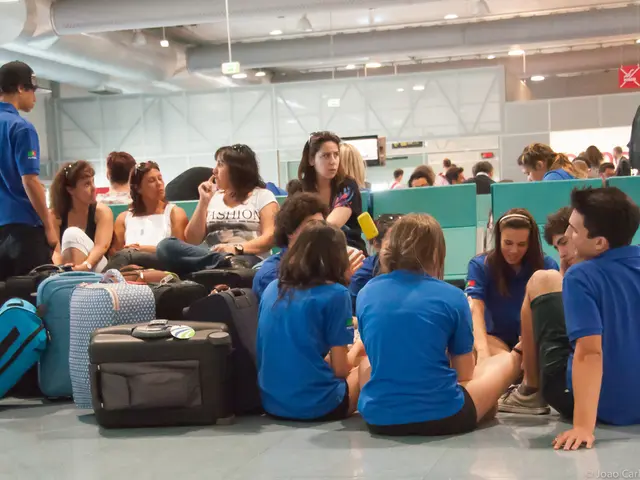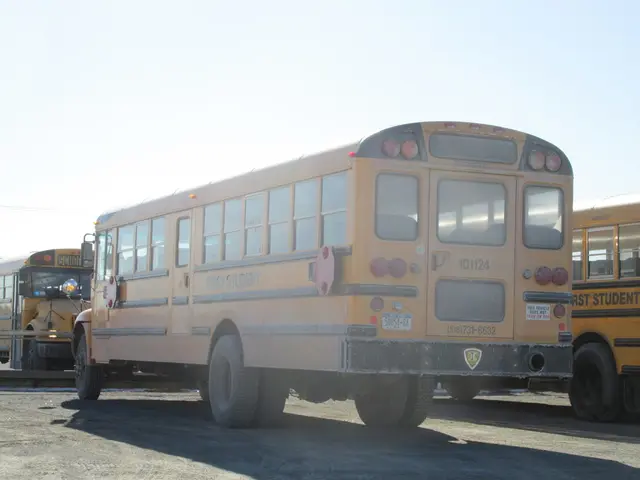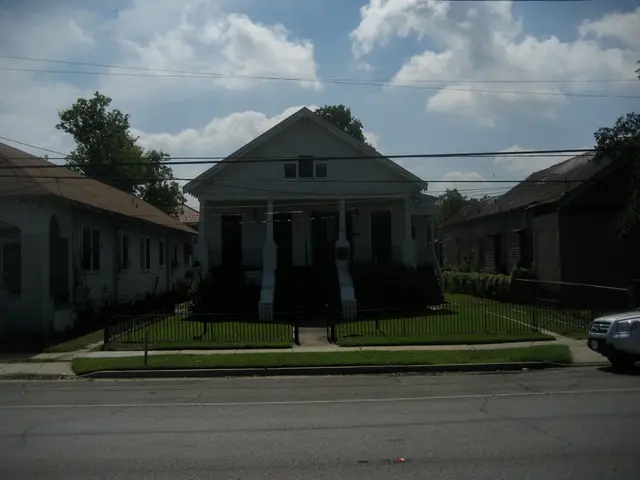Live in harmony with Earth, Sun, and Rain: Life in an isolated Maya village
The Punta Gorda airport, home to the southernmost city in Belize with a population of 5,000, stands in stark contrast to the Maya village of Santa Cruz, located 50 minutes inland. The tropical humidity greets you like a warm embrace, while the bustling jungle wildlife offers a symphony of bird calls, monkey chatter, and the occasional roar.
Hidden in the safety of the jungle, the Mopan Maya people have made their home in this secluded sanctuary. With roots in Belize and Guatemala, the Mopan number around 10,000 inhabitants in Belize, making up less than 3% of its population. Their culture is fiercely protected and has contributed to the 11% of Belize's population that identifies as Maya.
Originating from one of the earliest Maya settlements, Belize continues to be home to many Maya communities.
The dirt road to Santa Cruz is a winding, unpaved path. It snakes its way through the mountains and descends into a small valley, where interconnected communities live in thatched-roof homes and farm crops like corn, potatoes, and cacao.
This centuries-old lifestyle has, for the most part, remained unchanged. A mix of necessity and choice has shaped their existence, which is centered around daily communion with the natural world and is dictated by the seasons.
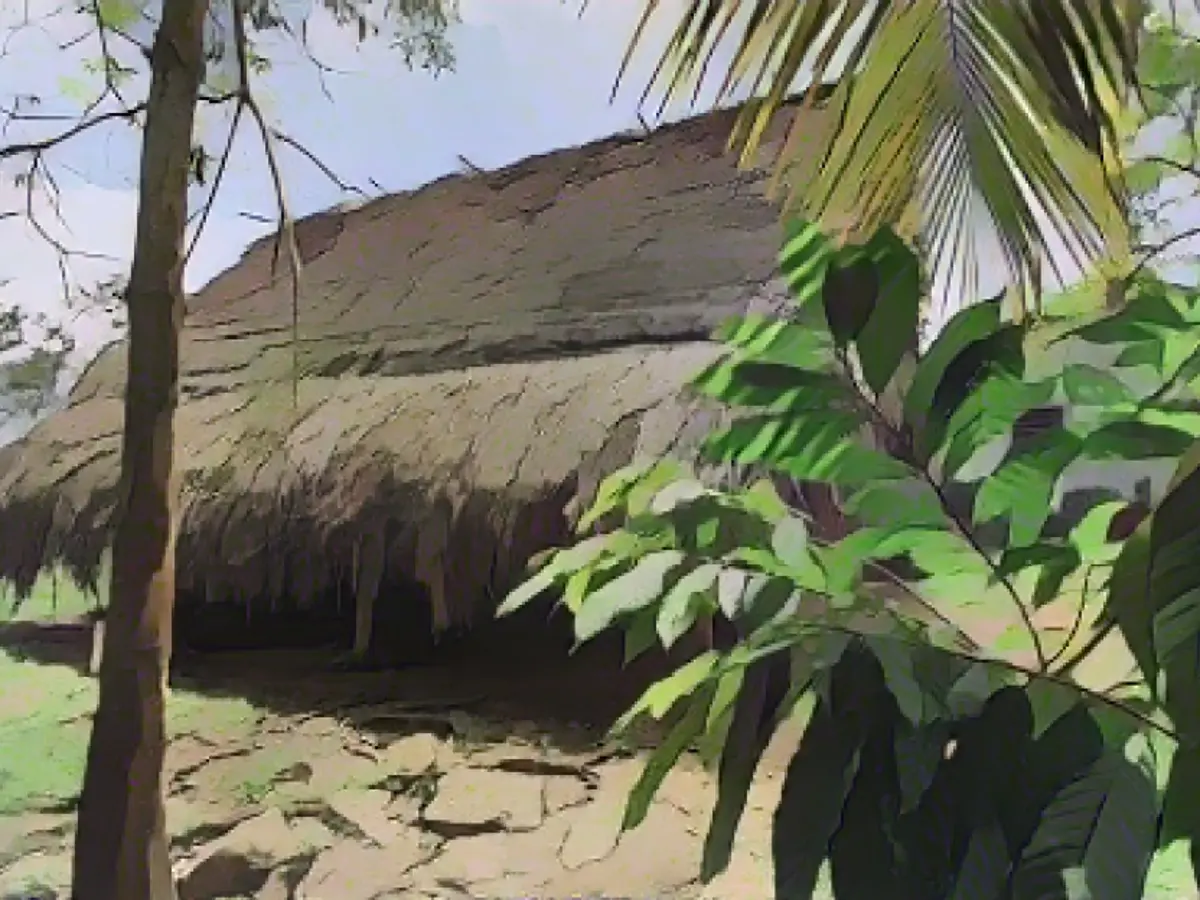
Striking a balance between evolution and tradition
"We live in harmony with the Earth, the Sun, and the Rain," explains José Mes, one of the community leaders in Santa Cruz.
Waking to the crowing of roosters and guided by the needs of the current season, Mes' days are filled with helping neighbors construct new roofs, harvesting corn, or planting seeds for the autumn harvest. Their lives are governed entirely by their land and the skies, an occasional blessing or curse, especially in a world dominated by technology.
Progress in electrifying remote areas, however, is a slow process. Like several other nearby villages, Santa Cruz is located far from the public power grid, making it logistically difficult and costly to electrify the community. "Some of our homes have solar collectors," I noted, "but that's not common."
Electricity brings its own set of challenges.
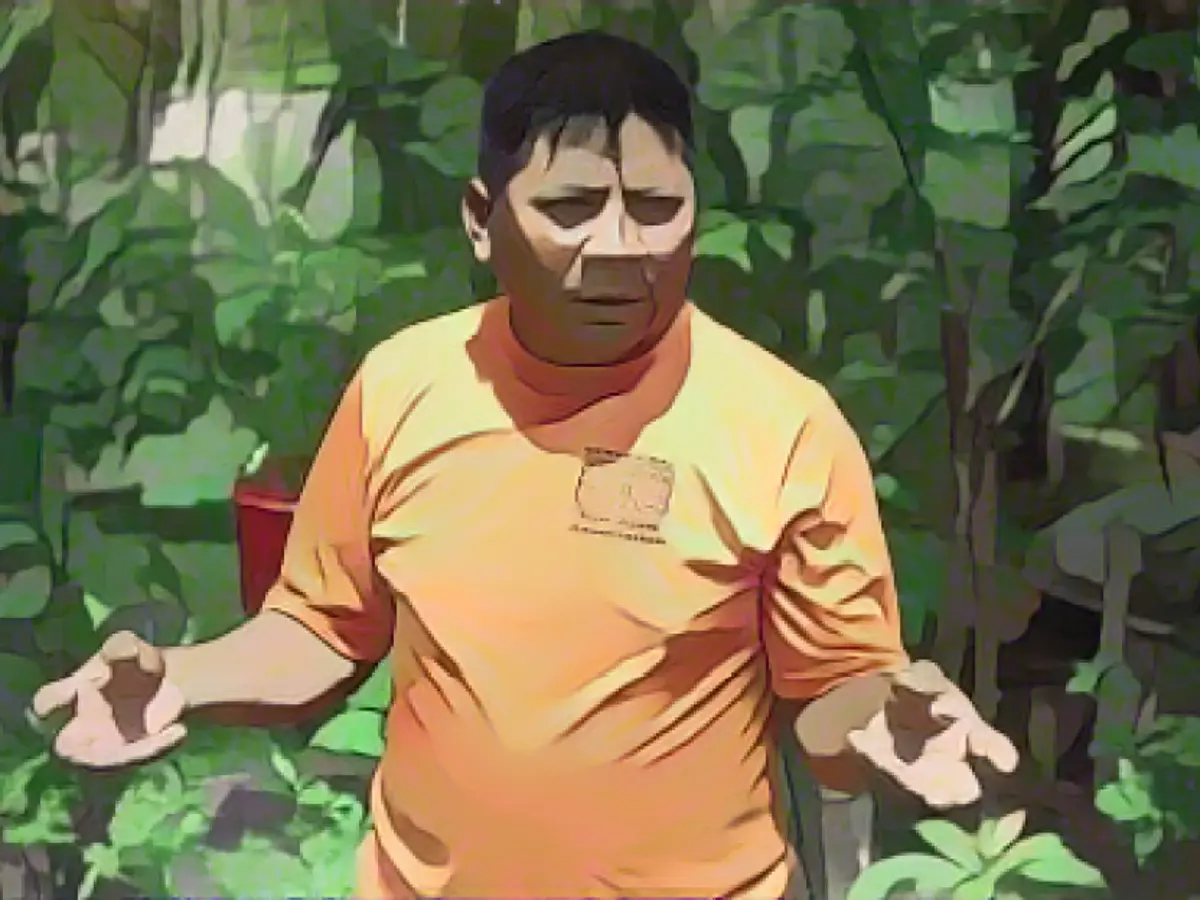
"The way we live here is completely detached from the rest of the world," Mays laments. "We have to fight hard to protect our land and our homes, and as the world changes, this will only become more difficult."
Electrification would undoubtedly improve the lives of these communities but might also pose a threat to their traditions.
Metz's home is a large, round structure with a thatched roof, and his wife prepares dinner by tending to a small fire while rolling out round discs of white cornmeal dough. With expert fingers, she shapes the dough into tortillas, alternating between hands and fingers to achieve the perfect form.
Upon opening his home to guests, Metz does so with care and the assistance of Bruno Kuppinger, a German tour guide who has been working in Belize for 25 years and is passionate about integrating these communities into everyday life.
Guests are invited to lift heavy millstones, shape and form the dough, and participate in tug-of-war-like competitions to try their hand at forming tortillas. The experience offers an immersive culinary journey through all that is grown on the land: cacao, beans, chilies, and more, all pure, unprocessed, and straight from the earth.

Anxiety over unregulated tourism
The benefits of hosting visitors in their home have not escaped Metz and his family, but they are also aware of the potential pitfalls.
Tourism accounts for approximately 41% of Belize's GDP, making its thoughtful and collaborative development crucial.
"If this unexpectedly becomes a major tourist attraction like it has in other parts of Belize, we don't believe the government would protect us," Mays added.
Belize's Tourism Ministry has proposed significant upgrades to the region's transportation infrastructure to attract more tourists to Toledo, a southern region neighboring Guatemala. However, at present, there are no direct flights from Europe.
"We believe we can further develop the tourism industry in Toledo if we build an airport and establish flight connections to Toledo," said Belize's Tourism Minister Anthony Mahler. "We also need investment support for tourist facilities such as hotels, roads to archaeological sites, and national parks."
Flourishing archaeological sites and national parks in the region are attracting foreign tourists, but concerns about maintaining cultural continuity and protecting the community from the impacts of mass tourism linger.
"Naturally, you should focus on the sustainability of our culture, our natural resources, and the training of our workers to ensure they are prepared to work at a high level in the tourism industry," Mahler noted. "We are updating the sustainable tourism masterplan that will guide our response to current challenges."
"I'm a little worried"
Kuppinger, who works closely with Metz, has carefully established relationships within the Maya community.
"I don't think anything significant will happen within the next five to ten years," Coppinger mused. "However, Mayan villages require some form of protection.
"I am concerned that Toledo might become the next booming tourist destination and there may not be adequate protections to prevent visitors from entering indiscriminately."
Mahler remains optimistic that the government will consult with the communities before any expansion and that a comprehensive training program for tour guides will ensure that the mass tourism in Mayan villages is kept under control. "We believe we have enough high-quality tour guides to lead tours through these communities," Mahler added. "And the necessary infrastructure to accommodate large numbers of visitors is simply not available in a community like Santa Cruz due to the lack of infrastructure."
Permitting visitors to experience Mayan culture can help preserve their traditions, but maintaining this delicate balance against the threat of overtourism is a challenge faced worldwide.
"We are moving more towards the modern world, as it is difficult to maintain our lifestyle in this era, but we want to be able to manage our relationship with the outside world without allowing strangers to enter without our permission."


